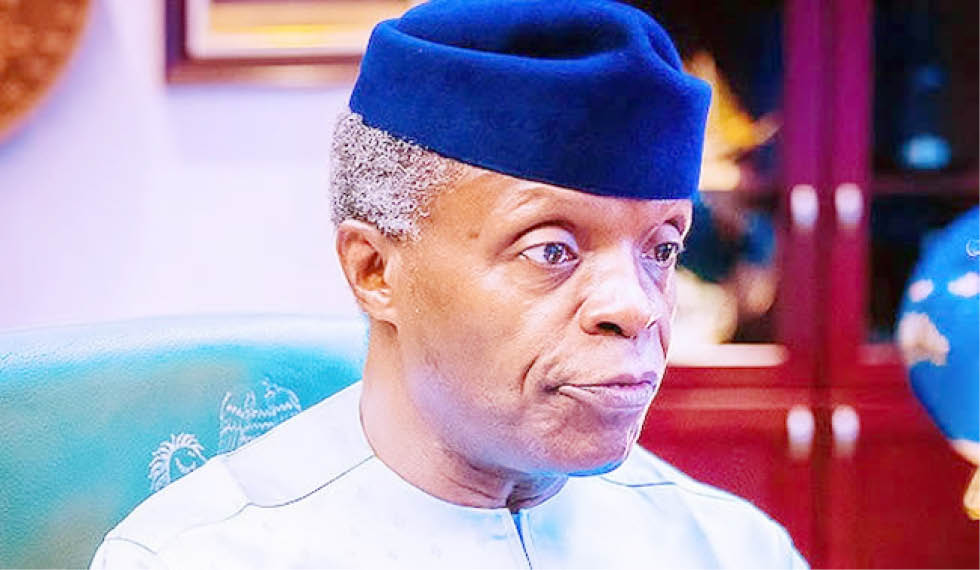Vice President Yemi Osinbajo has appealed to the Academic Staff Union of Universities (ASUU) and other unions in tertiary institutions who are currently on strike to embrace dialogue.
He made the appeal during the 2022 International Workers Day celebration on Sunday in Abuja with the theme, `Labour, Politics and the Quest for Good Governance and Development in Nigeria.”
- Sallah: Final victory against terrorists in sight – Buhari
- 2023 presidency: Why South East candidacy is difficult to push in APC – Senator Arise
ASUU and other unions in the education sector have embarked on a nationwide warning strike to press home their members’ demands.
The lecturers’ demands include funding for the revitalisation of public universities, earned academic allowances; the University Transparency Accountability Solution (UTAS) and promotion arrears.
Others are the renegotiation of 2009 ASUU-FG Agreement and the inconsistency in Integrated Personnel Payroll Information System (IPPIS), among others.
Osinbajo said that the federal government was not unmindful of the ongoing strike in public universities and also the anxieties of students and their parents and the thoughts of uncertain future.
“We are not unmindful of the anxieties of our children and their parents who are plagued by thoughts of an uncertain future as they stay home because their universities have been shut by an industrial action.
“I appeal to ASUU and the broader labour community to seek the path of dialogue,’’ he said.
The vice president, however, noted that disagreement and debate had always been part of the relationship between labour and the government.
“But at all times, we have through dialogue found a path forward. It in this spirit that I call on ASUU to embrace dialogue with the Government.
“I call on the Nigeria Labour Congress and the Trade Union Congress to help facilitate a resolution of this dispute through dialogue,’’ he said.
The News Agency of Nigeria reports that the Minister of Labour and Employment, Senator Chris Ngige, also urged organised labour to continue to eliminate actions inimical to the quest for good governance and development in the country.
Ngige appealed to labour to embrace acclaimed institutions of consensus building in times of differing opinions, rather than debilitating actions that lead to complications.
He said such complications include loss of mandays and decreased productivity that threaten the existence of the enterprise and result in job losses.
He, however, frowned on the situation where strikes were always the first option considered by the unions in pressing home their demands.
The minister noted that the rights emanating from employment relationship were reciprocal, adding that government in addition to being the “competent authority‘’ in tripartism, is also an employer,’’ he said.

 Join Daily Trust WhatsApp Community For Quick Access To News and Happenings Around You.
Join Daily Trust WhatsApp Community For Quick Access To News and Happenings Around You.


